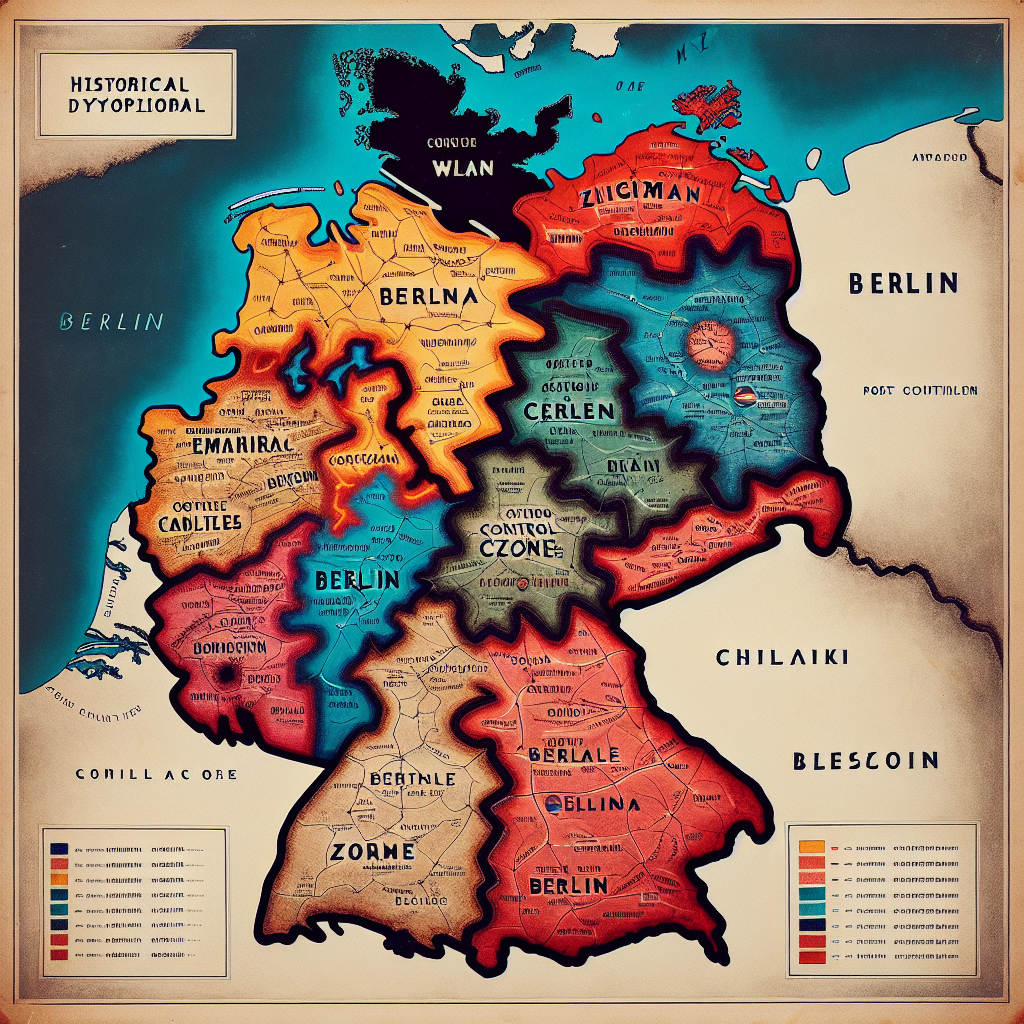Ukraine May Mirror Postwar Berlin with Allied Control Zones: US Envoy
Ukraine’s Future: A Postwar Berlin Scenario?
US Envoy’s Vision for Ukraine
In a recent statement, a US envoy suggested that Ukraine’s post-conflict landscape might resemble the divided Berlin of the Cold War era. This vision involves the establishment of control zones managed by allied nations, aiming to stabilize and rebuild the war-torn country.
Key Insights
- Historical Parallel: The proposal draws a parallel to post-World War II Berlin, which was divided into sectors controlled by the US, UK, France, and the Soviet Union.
- Allied Involvement: The plan would require significant international cooperation, with allied nations taking responsibility for different regions within Ukraine.
- Stabilization Efforts: The control zones are intended to facilitate reconstruction, ensure security, and promote political stability in Ukraine.
- Challenges Ahead: Implementing such a plan would involve complex negotiations and could face resistance from various stakeholders, including Russia.
Potential Benefits
The proposed control zones could offer several advantages for Ukraine:
- Security Assurance: Allied presence could deter further aggression and provide a security buffer.
- Reconstruction Support: International involvement might accelerate rebuilding efforts and economic recovery.
- Political Stability: A structured approach could help establish a stable governance framework in post-conflict Ukraine.
Conclusion
The US envoy’s proposal to model Ukraine’s postwar future on the Berlin model presents a bold vision for international cooperation and stabilization. While it offers potential benefits in terms of security and reconstruction, the plan’s success would hinge on diplomatic negotiations and the willingness of global powers to collaborate effectively. As the situation in Ukraine continues to evolve, this concept remains a topic of significant interest and debate.

































